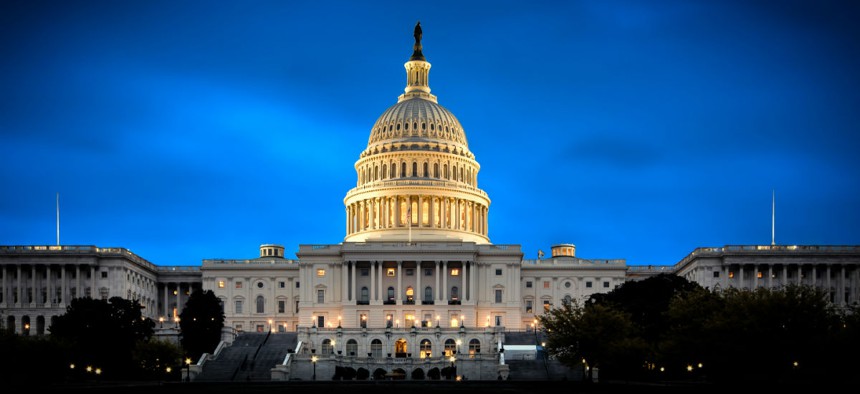Reintroduced Bill Would Stop Government From Searching Your Emails Without a Warrant

Keith Lamond/Shutterstock.com
The Email Privacy Act updates the 1980 Electronic Communications Privacy Act, which outlines that law enforcement can search messages more than 180 days told without a warrant.
Government agencies might soon need a warrant before seizing your emails.
Reps. Kevin Yoder, R-Kan., and Jared Polis, D-Colo., reintroduced legislation Monday that would require government agencies to obtain a warrant before requiring providers to share customers' email communications. The Email Privacy Act updates the 1980 Electronic Communications Privacy Act, which outlines that law enforcement can search messages more than 180 days told without a warrant.
"Congress’ failure to keep pace with technological developments," has put Americans "at risk of having their emails warrantlessly searched by government agencies,” Polis said in a statement. The bill is designed to protect citizens' privacy rights under the Fourth Amendment.
» Get the best federal technology news and ideas delivered right to your inbox. Sign up here.
Several technology advocacy groups have weighed in on the bill's reintroduction:
- "It is long due for Congress to pass legislation that would require the government to obtain a warrant and provide notice before they can collect sensitive information, like emails or documents stored in cloud services,” American Civil Liberties Union legislative counsel Neema Singh Guilani said in a statement.
- The Center for Democracy and Technology "urge[s] rapid passage by Congress and the president," vice president for policy, Chris Calabrese, said in a statement.
- "Thanks to the wording in a more than 30-year-old law, the papers in your desk are better protected than the emails in your inbox," a blog post from the Electronic Frontier Foundation reads. Congress could remedy that by passing the Email Privacy Act.





